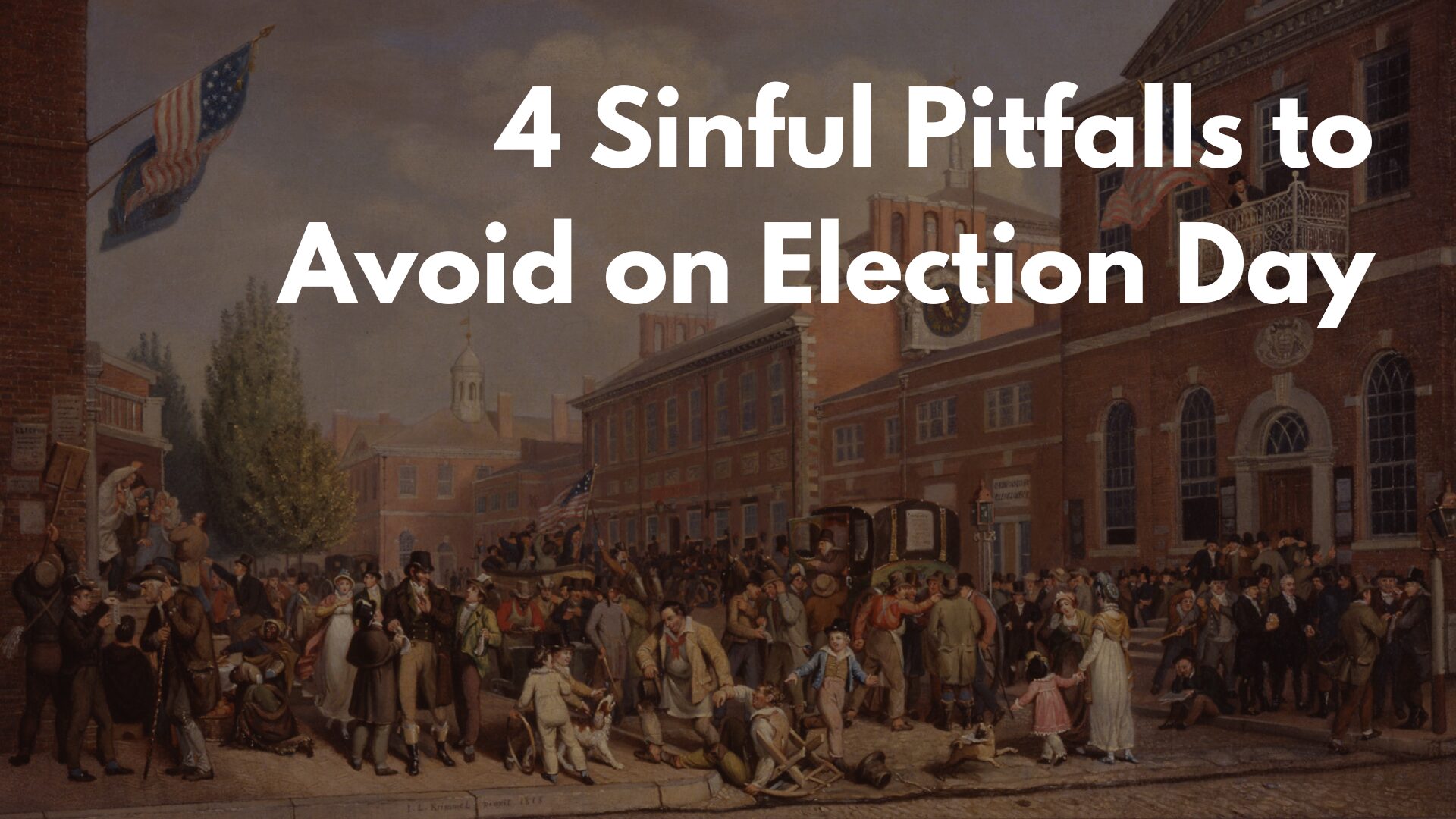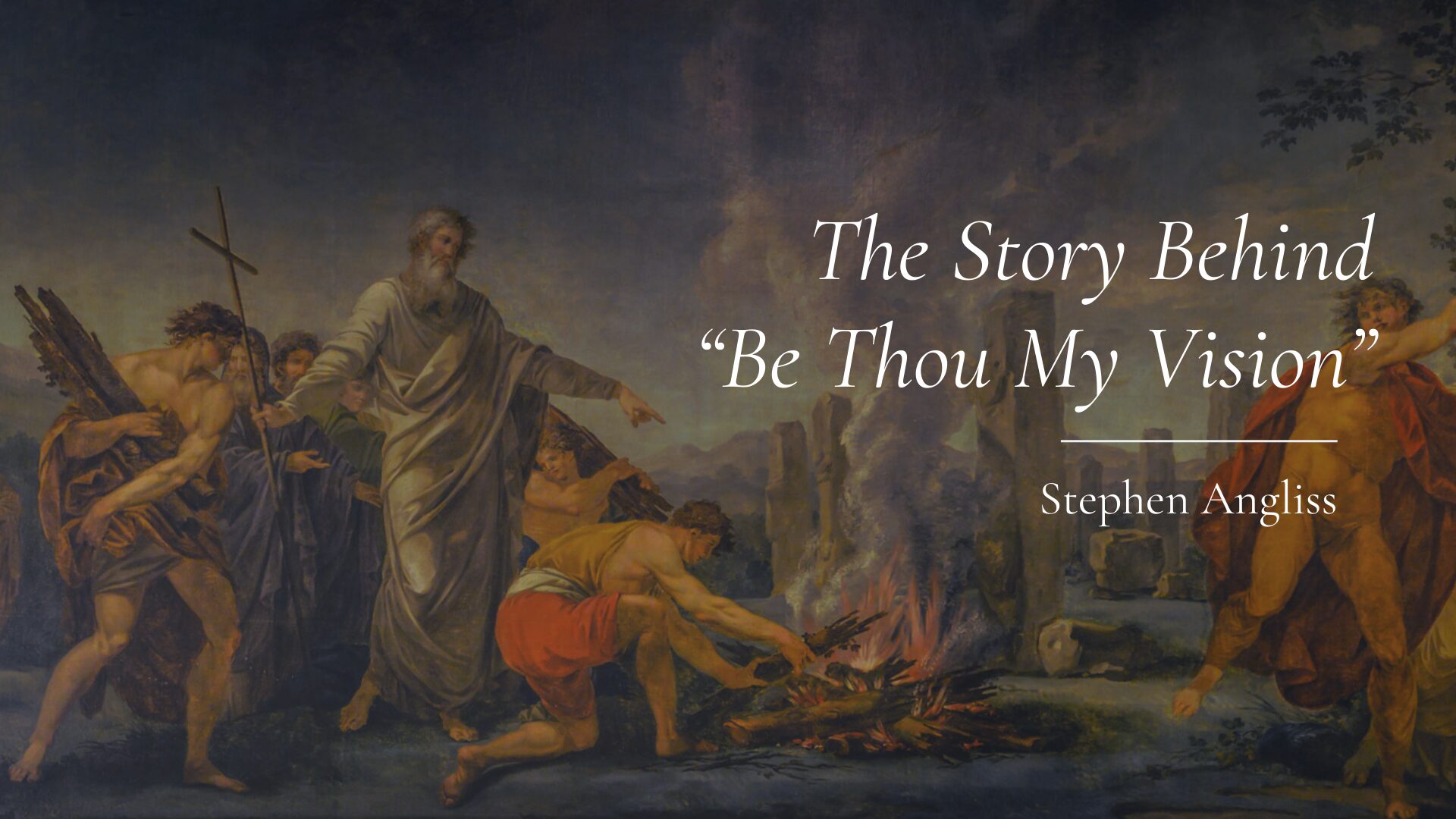What is Reformation Day?
On this day, five hundred and six years ago, Martin Luther, a German professor of theology, nailed on the door of Wittenberg Church a document known today as the Ninety-Five Theses. In sixteenth-century Europe, the church’s door served as a community board, and in Wittenberg—a university town—scholars customarily tacked onto its planks proposals for debate between themselves and fellow scholars. Little did Luther know that he was not just initiating a debate, but a new chapter of church history.
Martin Luther, a former Augustinian monk, grew up in medieval Germany under a harsh father who unleashed his wrath whenever his son erred. This brutality led Luther to see God the same way he saw his father: a ruthless, uncompromising tyrant who punished severely those who fell short of His standards. Such high expectations resulted in a life of fear, always uncertain whether his good works were good enough for God, and petrified that at any moment God might smite him for his lack of holiness, including one infamous episode in the middle of a thunderstorm.
The Reign of Roman Catholicism
Luther felt this fear not just because of his earthly father, but because of the earthly nature of the church that ruled Europe at the time. Roman Catholicism, far separated from true Christianity after centuries adrift from Scripture, taught that God’s wrath could be avoided only through the receiving of sacraments, an invented word for man-made practices like confession, confirmation, and infant baptism designed to dispense salvation partially over time as a reward for obedience.
Those who did not receive enough grace through the sacraments were destined to purgatory, another invented device designed as a preparation place before Heaven to further purify those who fell short on Earth. People lived in fear not only that they would go to purgatory after death but that their deceased loved ones would remain trapped there as well.
The self-seeking authorities of Roman Catholicism played upon these fears for profit. To fund the construction of Saint Peter’s Basilica, the corrupt Pope Leo X instructed religious salesmen like Johann Tetzel to sell the salvation of souls supposedly stuck in purgatory to their still-on-earth relatives by urging them to purchase “indulgences,” a get-out-of-jail free card to pay for God’s mercy. As Johann Tetzel would famously shout, “When a coin in the coffer rings, a soul from purgatory springs!”
By 1517, all this culminated in what amounted to religious tyranny. Like the oppressive father of his youth, Luther and the rest of Europe lived under Roman Catholicism in subjugation to an unloving despot whose false sense of holiness could never be truly known nor fully achieved. Much less, before a holy God. Justification before a holy God could not be known, only sought after, and bought from the hands of sinful middlemen. A better Mediator was needed.
The Just Shall Live By Faith
Martin Luther rediscovered this better Mediator when he regained access to God’s Word. In the pages of Scripture, Luther realized that the God of his father and Rome was not the God of the Bible. Luther discovered that the Greek word for “justified” had been mistranslated into Latin in medieval manuscripts to falsely mean a drawn-out process of partial forgiveness instead of the once-and-for-all reckoning of righteousness made by God upon sinners. Luther came upon this realization when he famously read these words in Paul’s letter to the Romans.
“For in it the righteousness of God is revealed from faith for faith, as it is written, “The righteous shall live by faith.”
Romans 1:17
The Apostle Paul’s words to the Romans echoed the prophet Habakkuk’s words to Judah and Moses’ words to Israel concerning Abraham. Namely, that one was justified, not by works, fear, law, or money, but only by grace alone through faith alone according to Scripture alone. This conviction led to Luther nailing ninety-five proposals for debate to point European Christianity back to the truths of Scripture as the final authority. What resulted instead is a period of roughly a hundred years known as the Protestant Reformation, a period of religious revival that protested against the lies of the papacy and reformed its focus to be centered on Scripture. From this movement sprung up new denominations dedicated to the biblical Gospel of Christ including the Presbyterians, Methodists, and Baptists, which still influence modern Christianity across the world today. Today, if a believer’s spiritual genealogy could be traced, it would almost certainly lead back to some degree to Martin Luther on October 31st, 1517.
The Reformation Today
But while times change, lies do not. In the twenty-first century, a less medieval, yet equally treacherous, type of religious tyranny still seeks to entangle those living in fear. Instead of the selling of indulgences, the selling of happiness on social media promises peace through the purchase of products. Instead of the sacraments, man-made trends insist that their ideologies can improve a person before the eyes of others and God. The need to seek Christ alone by faith alone in Scripture alone is just as present today as it was in 1517, and it will remain so until Christ returns.
So what should modern Christians think of the Reformation? The Reformation should serve as a reminder that God always preserves His remnant. In the hills and valleys of history, God has never failed to protect His people. Even in the darkness of Roman Catholicism, God still used an ordinary man with access to His extraordinary Word to point people back to Christ through Scripture. Christians today should cherish this chapter of their spiritual heritage and thank God for His faithfulness through history.
Finally, Christians must see the Protestant Reformation as an historical reminder that God always creates His people with His Word. God breathed life into Adam, made a nation out of Abraham through a promise, and sent His Son as the Word made flesh to die for sin on behalf of sinners. Today, He continues to create and shape His people through the preaching of the Word of Christ. If the story of Martin Luther impacts the Christian in any way, it should be that no matter how evil man may be, or how corrupt civilization might become, the authority to give life and to rule over life does not rest with any man, creed, confession, or council, but solely in the God-breathed Words of the Bible alone.
“So faith comes from hearing, and hearing through the word of Christ.”So faith comes from hearing, and hearing through the word of Christ.”
Romans 10:17
Author’s Note: If you would like to learn more about the Protestant Reformation, review the recommended resources listed in this article. Also, watch the Church history course lectures Pastor Stephen attended under Dr. Nathan Busenitz at The Master’s Seminary, which are posted for free on YouTube.





